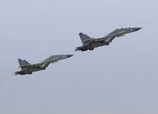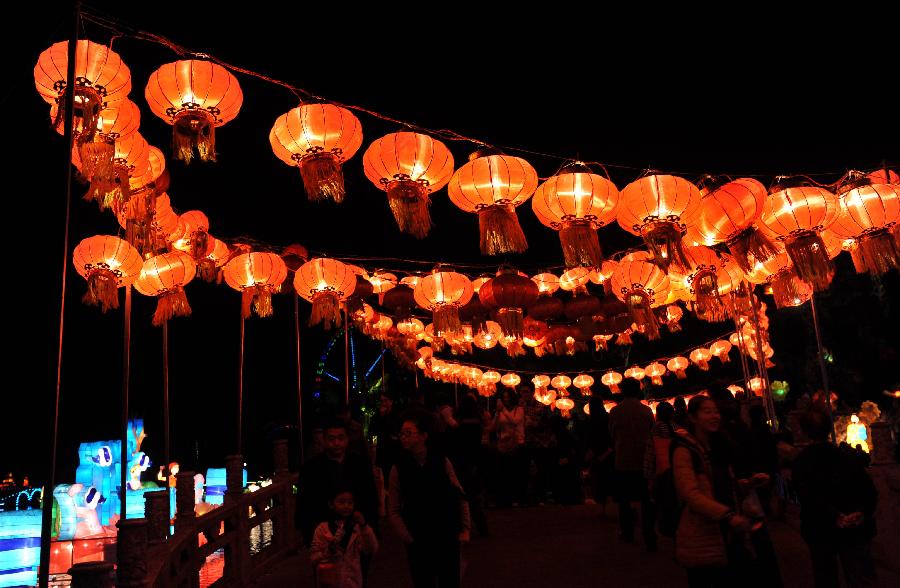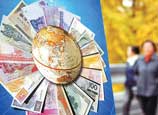
BEIJING, Feb. 23 (Xinhua) -- Japanese Prime Minister Shinzo Abe boasted on Friday that he has always handled the Diaoyu Islands issue "in a calm manner."
When meeting with U.S. President Barack Obama, Abe promised to "continue to do so." In a later speech to a top Washington think tank, the Japanese premier also claimed that he had "absolutely no intention to climb up the escalation ladder."
But his deeds could hardly match his words.
It is unfair to say that Abe was personally responsible for the row with China. But it is fair to say that Abe did not seize the opportunity of his re-election as Japanese prime minister to cool down the territorial dispute and to improve relations with China. < From the Chinese perspective, Abe has been active in mustering foreign support, particularly U.S. support, on the Diaoyu Islands issue.
What he did ran counter to his claim that he would like to see improved Japan-China relations.
Demonstrating his strong stance on the Diaoyu Islands dispute in his address to the think tank, Center for Strategic and International Studies, Abe warned that China should not "make any miscalculation or underestimate" the firmness of his resolve.
However, it seems that it is Abe himself who has miscalculated and underestimated China's determination to protect its territorial integrity.
Chinese people long for peace, but will not be intimidated by the threat of force and tough rhetoric when it comes to the country's core interests.
With China and Japan being powerful players in the region and the world's second and third largest economies respectively, it is not hard to see that the standoff will bring harm instead of benefits to their development and to peace and prosperity of the region.
Japanese politicians are advised to calm down and seek pragmatic ways to resolve the dispute. They probably could begin by admitting the existence of such a dispute with China over the islands, which Japan stole from China during the 1890s.
The United States, as the most influential country in the world, should not be hijacked by Tokyo's right-leaning politicians. Instead, Washington must be vigilant against the rightist tendency in Tokyo and try to contain it.
As the two largest economies in the world, the United States and China should work together to safeguard the peace and prosperity of the Asia-Pacific region and contribute to global development.


















![]()
